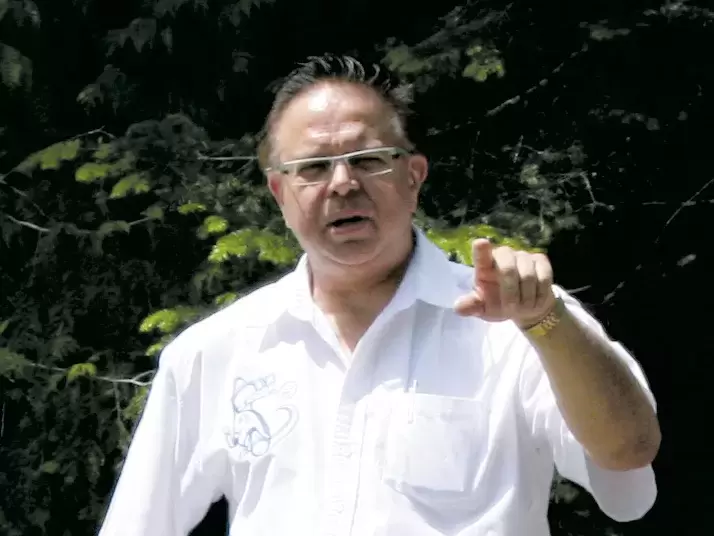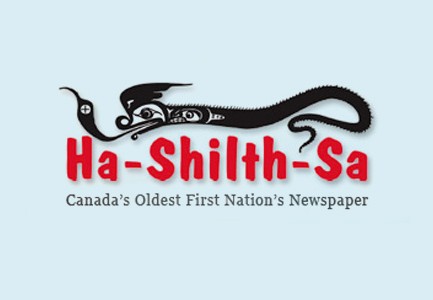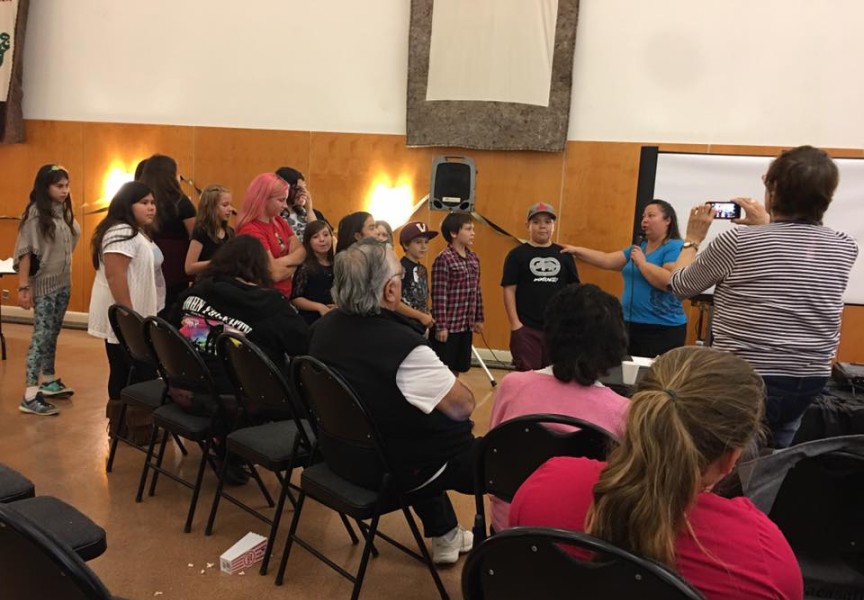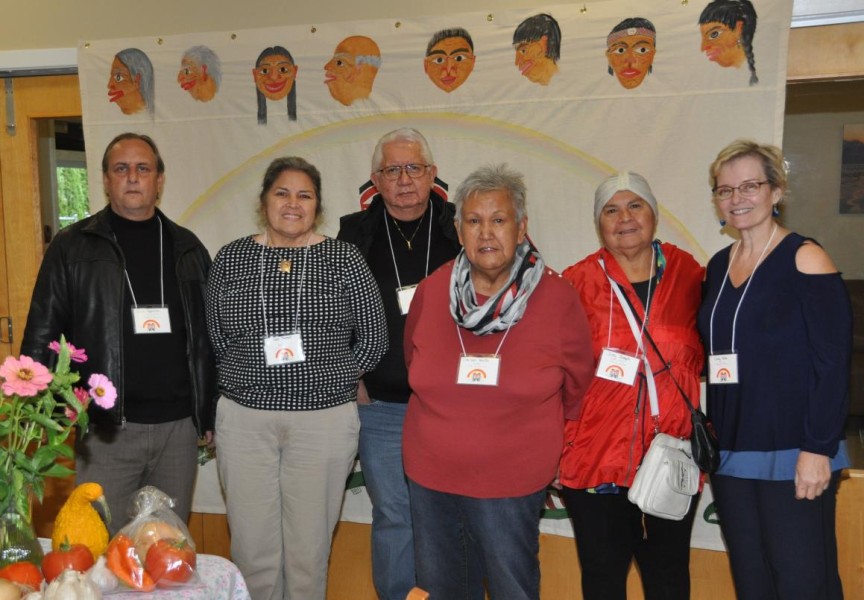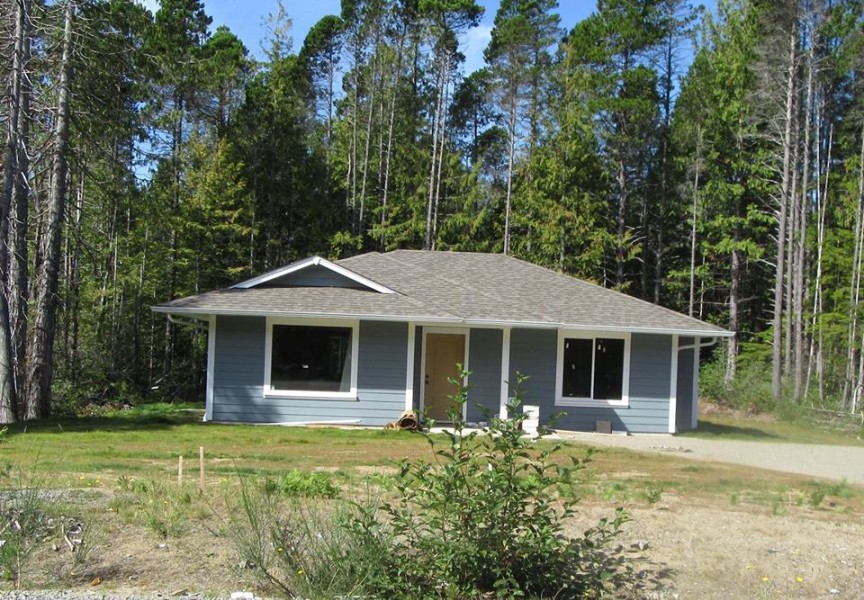Tseshaht First Nation Chief Councillor Hugh Braker has written a response to a discussion paper on Roosevelt Elk Management and B.C.’s invitation to the nation for “input”.
Braker’s letter, addressed to Kim Brunt, a senior wildlife biologist with the Ministry of Forests, Lands and Natural Resources Operations on the West Coast, states clearly that Tseshaht has more than just a passing interest in the Roosevelt Elk. It has a right to the resource.
Mere “input” into the development of the ministry’s 10-year management plan, of which the discussion paper is a part, isn’t going to cut it when the courts have upheld that First Nations be consulted, accommodated and compensated when their rights are, or may be infringed, Braker writes.
What the discussion paper fails to include is a plan for co-management of the resource in Tseshaht’s traditional territory, wrote Braker.
“We have an aboriginal right to the Roosevelt Elk which is grounded in our aboriginal title to our ancestral lands. We believe that only through co-management can we truly enter into a new relationship on this issue.”
Braker explains in the letter that First Nations rights are not like those of any other stakeholder or user group.
“Our rights are recognized in the Constitution of Canada. We call on you to amend the Discussion Paper to reflect the unique position of First Nations with respect to consultation, accommodation and compensation. We fear that the entire process may be derailed before it starts unless there is an appreciation by government of the First Nations’ rights and positions.”
Braker goes on to say that the harvest of the elk currently allowed annually by the ministry does not meet Tseshahts’ needs in the area of food, social and ceremonial rights. He said Tseshaht is not willing at this time to allow an increase of allowable catch in the sport or guided hunt sectors without Tseshaht’s harvest numbers first going up.
According to Canadian law, Aboriginal food, social and ceremonial needs come second only to conservation. Braker said management of this resource must recognize and give content to this right.
Braker is concerned that a decision has already been made at the ministry to “compromise Roosevelt Elk numbers where other land use may be in conflict with higher numbers of elk.
“The Tseshaht are not convinced that every other land use trumps elk rebuilding,” writes Braker.
He also encourages the use of aboriginal knowledge to improve current limited data on the elk. And he said the discussion paper had not talked about greater prosecution of illegal hunting or compulsory reporting by sport hunters.
Though a number of concerns were raised about the discussion paper, Braker is pleased that the province is embarking on a review of the Roosevelt Elk and their management.
“We can all only benefit by sound co-management that is in recognition of and respectful of, our rights, the importance of conservation and long-term planning.”

